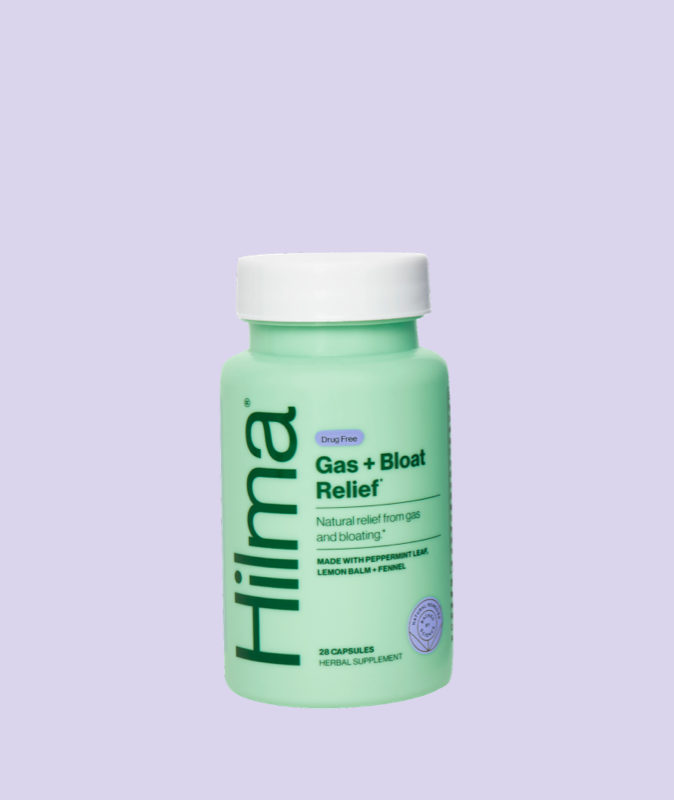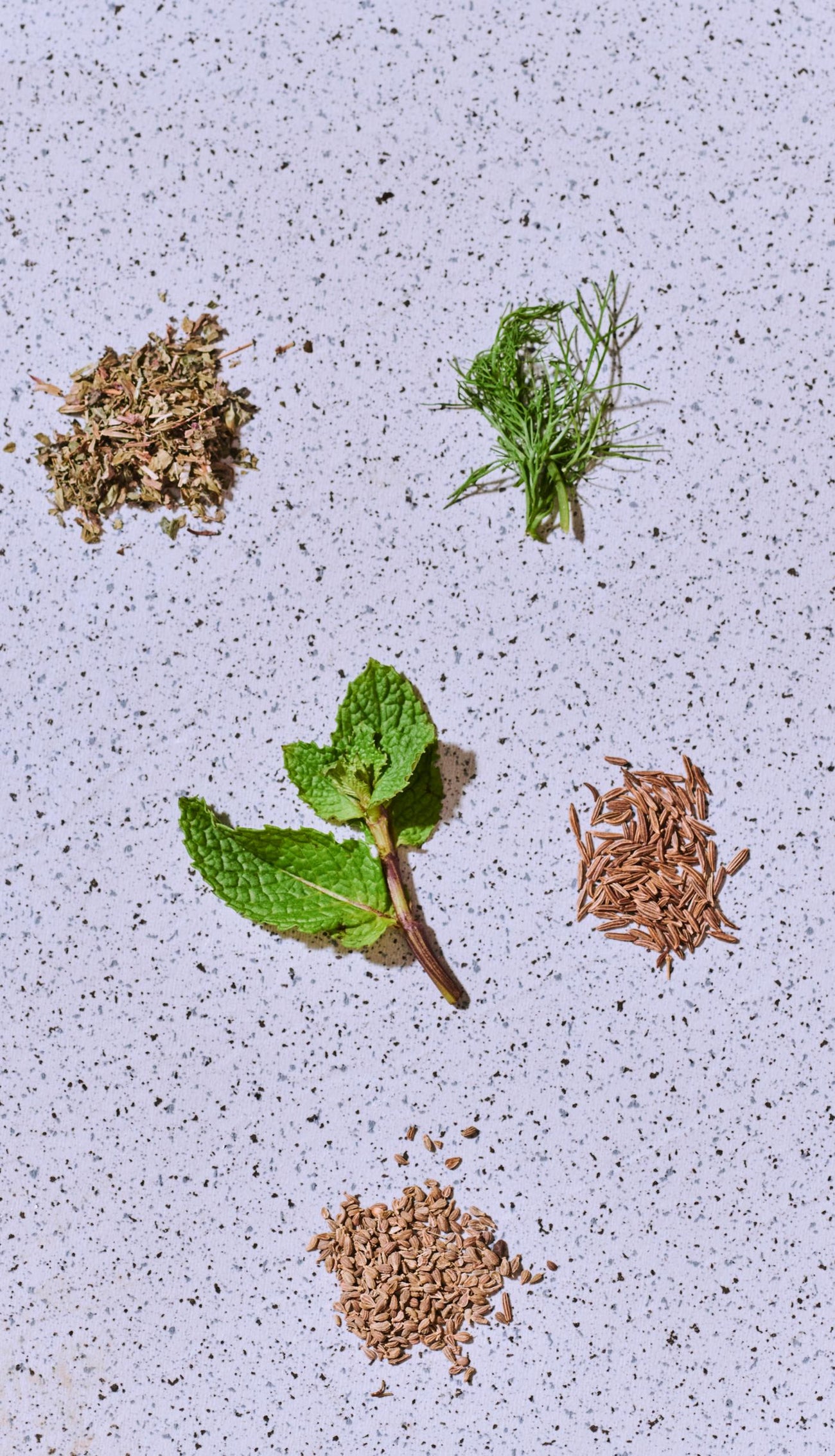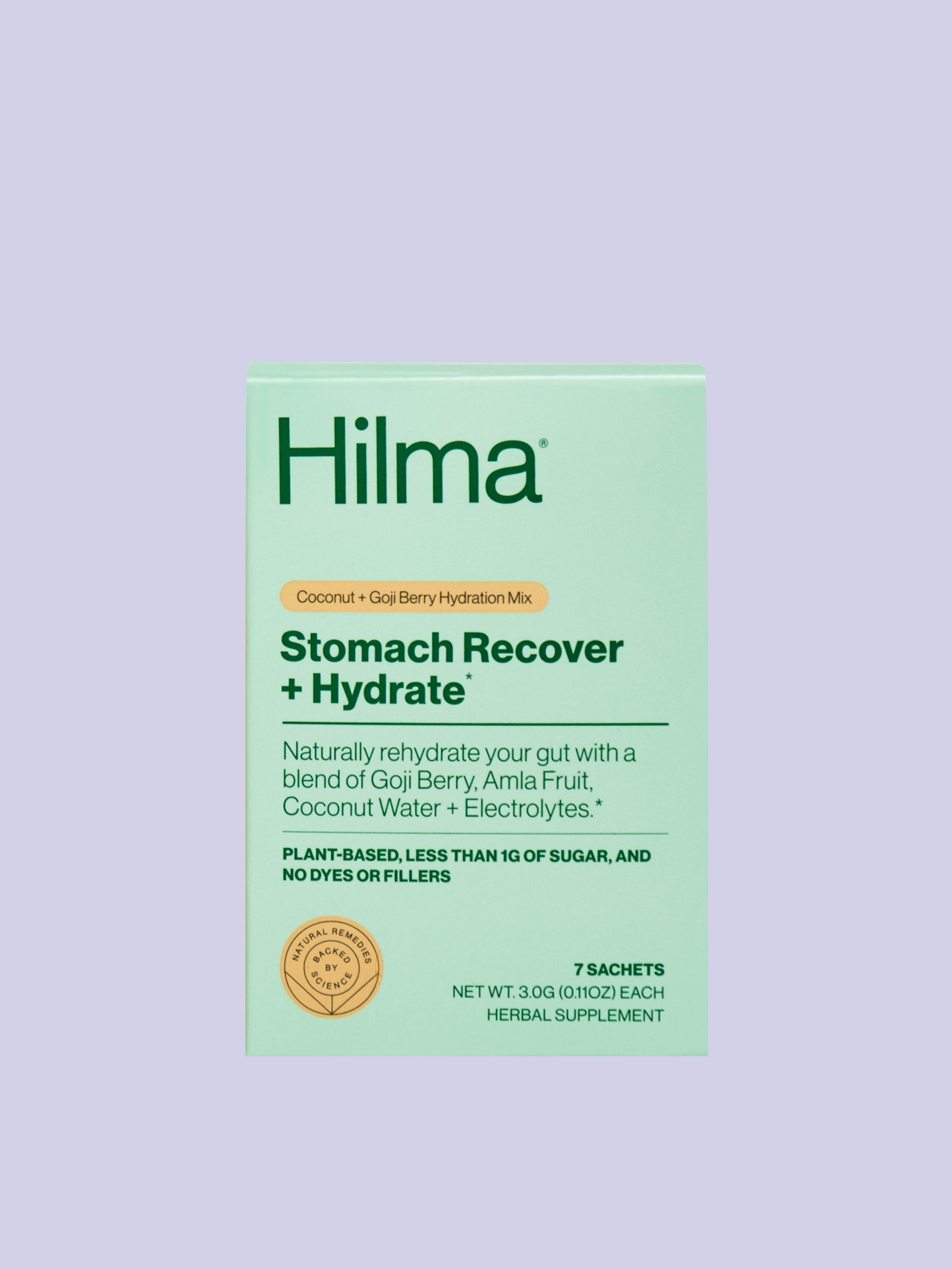
The holidays—a time of joy, connection, indulgence, and, let’s face it, a little chaos. From bustling airports to potluck tables brimming with questionable casseroles, the season brings excitement and unpredictability. But while our schedules may become less consistent, one thing should remain steady: our commitment to gut health.
Your gut isn’t just a digestive workhorse; it’s the command center for immune support, mood regulation, and energy levels. It’s home to trillions of bacteria that directly influence your metabolism, stress response, and even serotonin production. When holiday travel and festivities disrupt routines, your gut feels it first. Supporting your gut isn’t just about avoiding discomfort; it’s about safeguarding a system that impacts your entire body.
Here’s your ultimate holiday guide to maintaining gut health, with an added dose of self-advocacy, mindset shifts, and somatic practices to ensure your body and mind feel as festive as your holiday spirit.
Why Gut Health is Your Holiday MVP
The holidays are a whirlwind of travel, feasts, and late-night conversations over mulled wine. These disruptions can wreak havoc on your digestive system, leading to bloating, irregular bowel movements, or even exacerbating stress-related gut symptoms.
The solution isn’t avoiding holiday indulgence altogether—it’s about consistency where it matters. Your gut thrives on rhythm, whether that’s meal timing, balanced macronutrients, or practices that calm your nervous system. Supporting your gut during the holidays isn’t just for comfort; it’s an investment in how you show up for the people and moments that matter most.
Meal Timing
Your gut operates on a circadian rhythm, meaning it prefers predictable patterns, including regular meal times. Disrupted eating patterns during the holidays can throw off digestive enzyme production, slow gastric emptying, and lead to symptoms like bloating or indigestion.
- Morning grounding: Start with a protein-rich breakfast to stabilize blood sugar and prime digestion. Protein triggers the release of glucagon-like peptide-1 (GLP-1), a hormone that regulates appetite and digestive motility.
- Prioritize your meals: Eating a balanced meal before diving into party snacks helps your gut manage incoming food and reduces the likelihood of overeating.
- Hydrate between meals: Water supports the mucosal lining of your gut, enhancing its ability to protect against irritants and aid digestion.
Sleep and Recovery
Sleep is integral to gut health, yet often sacrificed during the holiday rush. Poor sleep disrupts the gut-brain axis—a bi-directional communication system between your gut and brain—leading to increased gut permeability (“leaky gut”), impaired digestion, and even inflammation.
- The science of sleep: Deep sleep acts as a restorative reset for your body and your microbiome. It’s during these hours of quality rest that the gut receives signals to rebalance and rejuvenate. Research shows that deep sleep supports the growth of beneficial bacteria like Akkermansia muciniphila and Bifidobacteria, microbes that play vital roles in maintaining a healthy gut lining, regulating metabolism, and modulating inflammation. In contrast, chronic sleep deprivation disrupts this process, leading to dysbiosis, or microbial imbalance. Dysbiosis not only compromises digestion but can also weaken your immune defenses—critical during the colder months when viruses run rampant.
- Evening wind-down: If sleep is where gut health magic happens, setting the stage for restful slumber is key. An intentional evening wind-down routine can prime your body for restorative sleep and activate the parasympathetic nervous system—your “rest and digest” mode. Try incorporating calming practices like:
- Magnesium Glycinate: This form of magnesium is renowned for its ability to relax muscles and calm the mind, making it an excellent addition to your nighttime routine.
- Herbal Teas: Sip on teas infused with chamomile, valerian root, or passionflower. These botanicals have a long history of promoting relaxation and reducing sleep latency (the time it takes to fall asleep).
- Aromatherapy: Diffuse essential oils like lavender or bergamot in your bedroom to create a soothing atmosphere conducive to relaxation.
- Circadian reset: Sleep doesn’t exist in isolation—it’s deeply influenced by your circadian rhythm, the internal clock that governs your sleep-wake cycles. One of the simplest yet most effective ways to reset your circadian rhythm is by exposing yourself to natural sunlight first thing in the morning. Here’s why:
- Morning sunlight helps regulate melatonin, the hormone responsible for sleep, and cortisol, the hormone that jumpstarts your day. Balanced cortisol levels in the morning support gut motility (the coordinated contractions that move food through your digestive tract) and optimize overall digestive function. Additionally, this simple practice can help mitigate the effects of late-night holiday indulgences, resetting your system for a fresh start each day.
Alcohol
Alcohol irritates the lining of your gastrointestinal tract, weakens gut barrier integrity (increasing the risk of “leaky gut”), and alters the composition of your gut microbiota. Over time, this disruption—known as dysbiosis—can fuel inflammation, hinder digestion, and compromise your overall well-being.
But mindful drinking doesn’t mean you need to abstain completely. With a few intentional choices and some proactive gut support, you can enjoy the season’s celebrations while minimizing the harm to your digestive system.
- Limit with intention: If you’re planning to drink, opt for options that are gentler on your gut and lower in sugar. High-sugar cocktails and beers are more fermentable, which can exacerbate bloating, gas, and microbial imbalances.
- Dry Wine: Red or white dry wines tend to have lower sugar content, making them a better choice for those with sensitive digestion.
- Spirits with Soda Water: Clear spirits like vodka, gin, or tequila, paired with soda water and a squeeze of lime or lemon, are refreshing and simple options that avoid excessive sugar and additives.
- Avoid Mixers: Steer clear of sugary sodas, syrups, and tonic water, which can increase inflammation and feed harmful bacteria in your gut.
- Hydrate smartly: Alcohol is a diuretic, meaning it increases urine production and can leave your body dehydrated. Dehydration exacerbates the damage alcohol causes to the gut lining, making it more susceptible to irritation and permeability. To counteract this:
- Alternate Drinks: For every alcoholic drink, have a glass of water or an electrolyte-rich beverage like coconut water to stay hydrated and replenish lost minerals.
- Add Electrolytes: Consider adding electrolyte powders to your water for added hydration support. Look for options free from artificial sweeteners or excessive sugar to avoid further burdening your gut.
- Supplement support:
- N-Acetyl Cysteine (NAC): NAC is a precursor to glutathione, one of the body’s most powerful antioxidants. It helps your liver detoxify alcohol by neutralizing harmful byproducts, reducing oxidative stress, and protecting your gut lining.
- Milk Thistle: Known for its hepatoprotective (liver-supporting) properties, milk thistle can enhance liver function and reduce inflammation. Its active compound, silymarin, has been shown to support liver cell repair and protect against damage.
- Probiotics: To counteract alcohol-induced microbial imbalances, consider a high-quality probiotic supplement containing strains like Lactobacillus rhamnosus and Bifidobacteria bifidum, which promote gut resilience and repair. Hilma’s Daily Pre + Probiotic is a perfect edition!
Blood Sugar Balance
Blood sugar regulation isn’t just about avoiding energy crashes—it’s foundational to gut health, hormone balance, and stress management. Elevated blood sugar levels can disrupt gut motility (the coordinated movement of food through your digestive system), alter the delicate balance of your gut microbiota, and increase systemic inflammation. When left unchecked, these imbalances make it harder for your body to manage stress, digestion, and overall wellness.
- The cortisol connection: When your blood sugar dips too low (hypoglycemia) after a spike, your body releases cortisol, a stress hormone, to raise glucose levels. This cortisol surge can impair digestion by slowing gastric emptying and diverting energy away from your gut to deal with the perceived "threat." Over time, repeated blood sugar swings can create a feedback loop of stress and impaired gut function, exacerbating issues like bloating, constipation, or even leaky gut.
- Protein at every meal: Including protein in every meal is one of the simplest and most effective ways to stabilize blood sugar. Protein slows the release of glucose into the bloodstream, reducing post-meal spikes and crashes. This stability not only keeps your energy levels even but also supports your gut by maintaining steady motility and reducing inflammation.
- Holiday Hack: Start your meals with a protein-forward appetizer, like shrimp cocktail or deviled eggs, to prevent a rapid glucose spike when you reach for the carb-heavy sides or desserts.
- Healthy fats and fiber: Adding healthy fats and fiber-rich foods to your meals creates a one-two punch for blood sugar regulation and digestive support. Healthy fats like avocado, olive oil, or nuts slow digestion, helping your body release glucose more gradually. Meanwhile, fiber feeds beneficial gut bacteria, promotes regular bowel movements, and helps stabilize blood sugar by reducing the rate at which carbohydrates are absorbed.
- Post-meal movement: Gentle activity like walking stimulates the vagus nerve, improving digestion and reducing postprandial blood sugar levels. A 10–15 minute stroll after meals can set you up for better energy and reduced bloating.
Nervous System Health
Stress during the holidays can manifest physically in the gut, often referred to as “gut-brain axis dysregulation.” Chronic stress increases cortisol levels, which impair the gut lining, slow digestion, and alter the diversity of gut microbes.
- The vagus nerve: As the primary communication highway between the brain and gut, vagal tone impacts everything from motility to the production of anti-inflammatory molecules in the gut. Practices like diaphragmatic breathing or humming can activate the vagus nerve and calm gut inflammation.
- Somatic practices: Progressive muscle relaxation and grounding exercises help shift the nervous system from sympathetic (fight-or-flight) to parasympathetic (rest-and-digest) mode, enhancing gut function.
- Adaptogens for support: Rhodiola and ashwagandha modulate cortisol, supporting a balanced stress response and protecting gut integrity.
Tune Out the Noise: Your Body Knows Best
Holiday gatherings often come with unsolicited comments about food, health, or body image. The key is to tune out external noise and focus on what makes your body feel best.
- Your Microbiome is Unique: Just as no two fingerprints are alike, your gut microbiota is completely unique to you. This individuality means that what works for one person may not work for you. Trust your instincts and focus on what makes your body feel its best.
- Set Boundaries with Grace: It’s okay to politely redirect conversations or decline foods that don’t align with your needs. A simple, “Thank you, but I’m feeling really good with what I’ve already had,” can go a long way in maintaining your boundaries while keeping the peace.
- Reframe Guilt: Enjoying holiday foods doesn’t derail your health—it’s the overall pattern of your choices that matters. A single indulgent meal or dessert isn’t a failure; it’s a moment of joy. Guilt adds unnecessary stress, which can actually disrupt digestion. Embrace the food you choose to enjoy, and move forward with balance.
Mindset Matters
Your mindset during the holidays can transform how your body processes food and stress. When you approach the season with grace, you reduce the physiological impact of stress on your gut.
- Focus on Abundance: Instead of framing your choices around deprivation, celebrate abundance. Fill your plate with colorful, nourishing foods you enjoy, and savor the flavors and textures. This shift in mindset helps your body relax, which improves digestion and nutrient absorption.
- The Stress-Digestion Link: Studies show that even anticipating stress can alter gut motility and microbiome composition. By embracing a flexible mindset—allowing yourself to adapt and flow with the season—you can minimize these effects and support your gut health.
- Practice Self-Compassion: If you veer off your usual routine or indulge more than planned, meet yourself with kindness. Self-compassion reduces stress hormones and fosters resilience, allowing you to return to your balanced habits without guilt or shame. Remember: imperfection is part of the human experience, and your health journey is about progress, not perfection.




